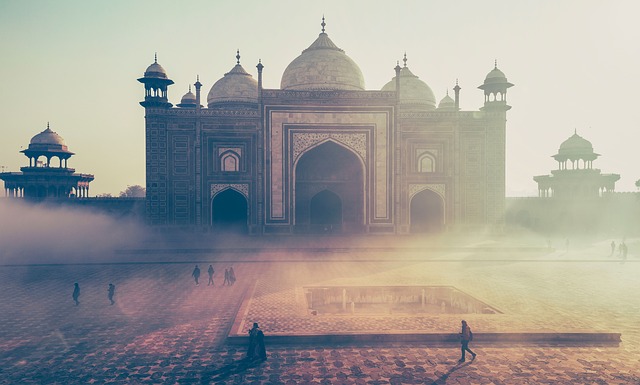SC asks govt if it wants to “destroy” the Taj Mahal
The National Green Tribunal (NGT) and the Supreme Court have, in the recent years, taken a stand for the environment. They have been making several progressive decisions to save India from the impending environmental doom. Monumental decisions have been made, which have included measures to decrease the cars on the roads, control over registration of vehicles that are too old, etc.In the latest incident, on Thursday, the Supreme Court did it again. It out rightly asked the government,
“Do you want to destroy it (Taj Mahal)?”

A little context here
The government had made an application in which it asked for the Supreme Court’s permission for deforestation of approximately 450 trees (if not more). The intention behind this was the construction of an additional railway track between Delhi and Mathura. The deforestation would be done over an area of approximately 80km. The government claimed that the area suffers from a bottleneck in train movement in the area and therefore the track was needed.
Protecting the Taj Mahal
A bench of the Court comprising Justices Deepak Gupta and Madan B Lokur said,
“This (Taj Mahal) is a world famous monument and you (government) want to destroy it?”
They also said,
“If you want, then file an affidavit or application and say that the Union of India wants to destroy the Taj.”
The Supreme Court has constantly protected the Taj. Back in 2015, a judge had warned that smoke from the crematoriums around the monument could damage the marble. Therefore, the court ordered the crematorium nearby to either move it to a distant location or to remove the existing one and build an electric one instead. For years, environmentalists have noticed the marble of the Tak turning from white to yellow, demanding urgent attention.
The PIL by MC Mehta
The Supreme Court has been monitoring the situation following a PIL filed by MC Mehta, one of the country’s most prominent environmentalist. In his plea, he has asked for the protection of the Taj from the negative effects that pollution and deforestation have been causing.
Mehta has been one of the top environmental litigators and his cases have lead to significant developments in environmental in India over the last few decades. The Taj Trapezium case (another case involving him), had resulted in a court order that resulted in either shutting down or relocation of all industries and foundries releasing pollutants that were destroying the Taj as well as harming the ecosystem.
The Supreme Court’s sensitivity to the environment and historical monuments is commendable. We applaud the court for its thought and hope to see many such decisions in the future.

